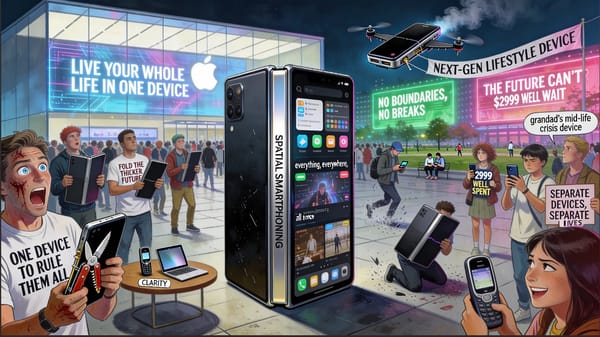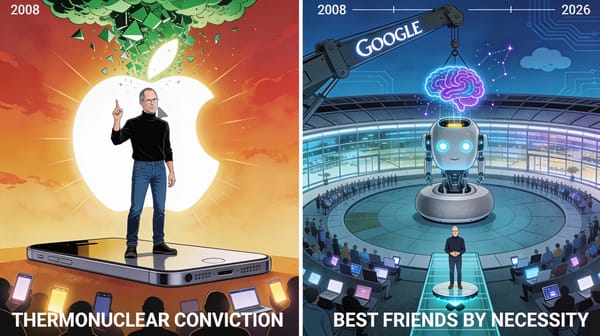iPhone Sales Forecasting, 2008-Style. The Power of Being The Outlier. Remembering the “10 Million iPhones Project” (And Why It Still Matters)
Investing culture, collaboration, and “thinking different” 2008-style before social investing was just hype, hashtags, blogrolls and over-sensitive armchair investors. Imagine what we might have accomplished if GPT had been available but we just had our wits, our brains, and a lot of head-butting.

From Tommo_UK to tommo.fyi: 25 years of nailing trends, with a little help from my friends.
There’s something uniquely satisfying about seeing your name in print for all the right reasons especially when it’s in a national newspaper like The Guardian, not for being loudest in the room, but for being first to spot a signal others missed. This is a public post, please feel free to share, if we crossed paths over the last 25 yers of blogging about Apple. Or even if we haven’t. Better still, leave a comment!
Back in 2008, Apple was still an underdog in the mobile phone world.
The iPhone was new. The skeptics were loud. Analysts, pundits, and even some Apple diehards doubted Steve Jobs’ prediction: 10 million iPhones sold in a single year. Most of the financial press called it marketing hyperbole. Wall Street didn’t believe it. Analysts guessed, bloggers speculated, but nobody really knew.
Except, as it turned out, a handful of us: outsiders, forum dwellers, data nerds, and “obsessive Apple fan bois” were quietly assembling the evidence ourselves.

The Guardian article, now over sixteen years old, captured this moment.
It’s more than an ego-boost (though I’ll own that, too); it’s a testament to what happens when ordinary investors trust their own research and each other, not just “The Street” or nay say doing your own research in favour of listening to people like Mark Gurman or Toni Sacconaghi (or even Dan Ives for that matter).
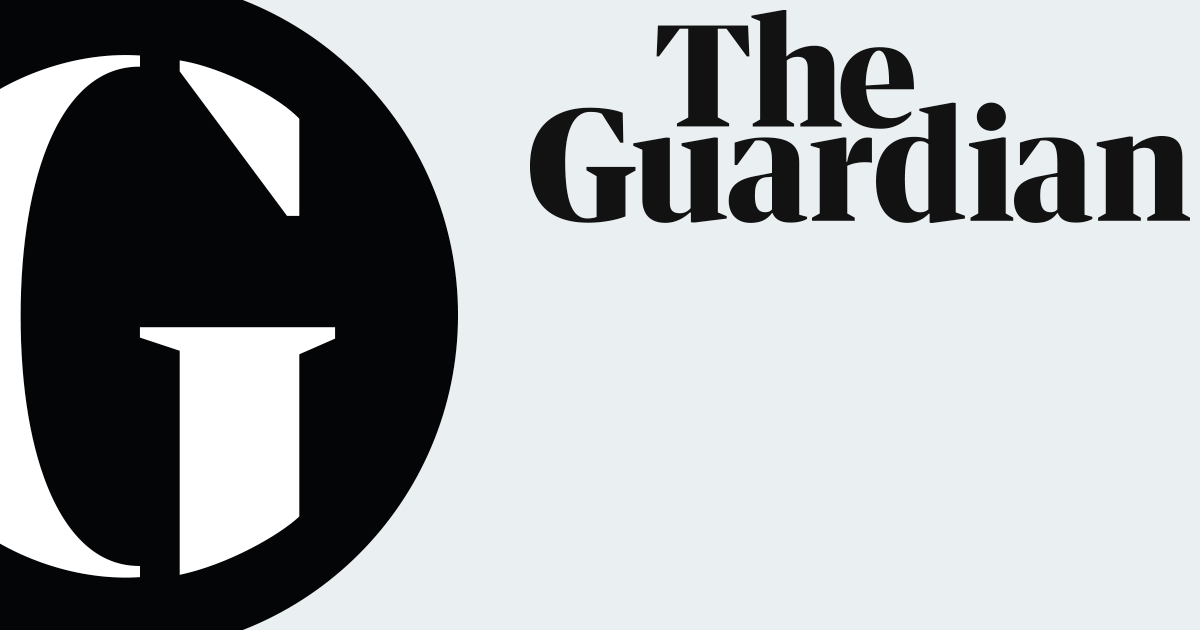
The Guardian, a UK’s broadsheet, featured our iPhone Sales Research Project in 2008.
“A London investor called Tommo_UK started asking for people to post the serial numbers of the phone and the date they bought it so that he could decipher how many phones Apple is distributing.”
– The Guardian, 8th October, 2008
That was me, and it was as grassroots as it sounds. No paid data, no inside connections, no corporate resources, no “Bloomberg snitches,” just the collective curiosity and goodwill of a community determined to dig deeper. We catalogued serial numbers, IMEI data, store receipts, and release dates globally, building our own real-time tracker of iPhone shipments. By hand.
After deciphering the iPhone’s serial number so we could track sales by country and manufacturing date.
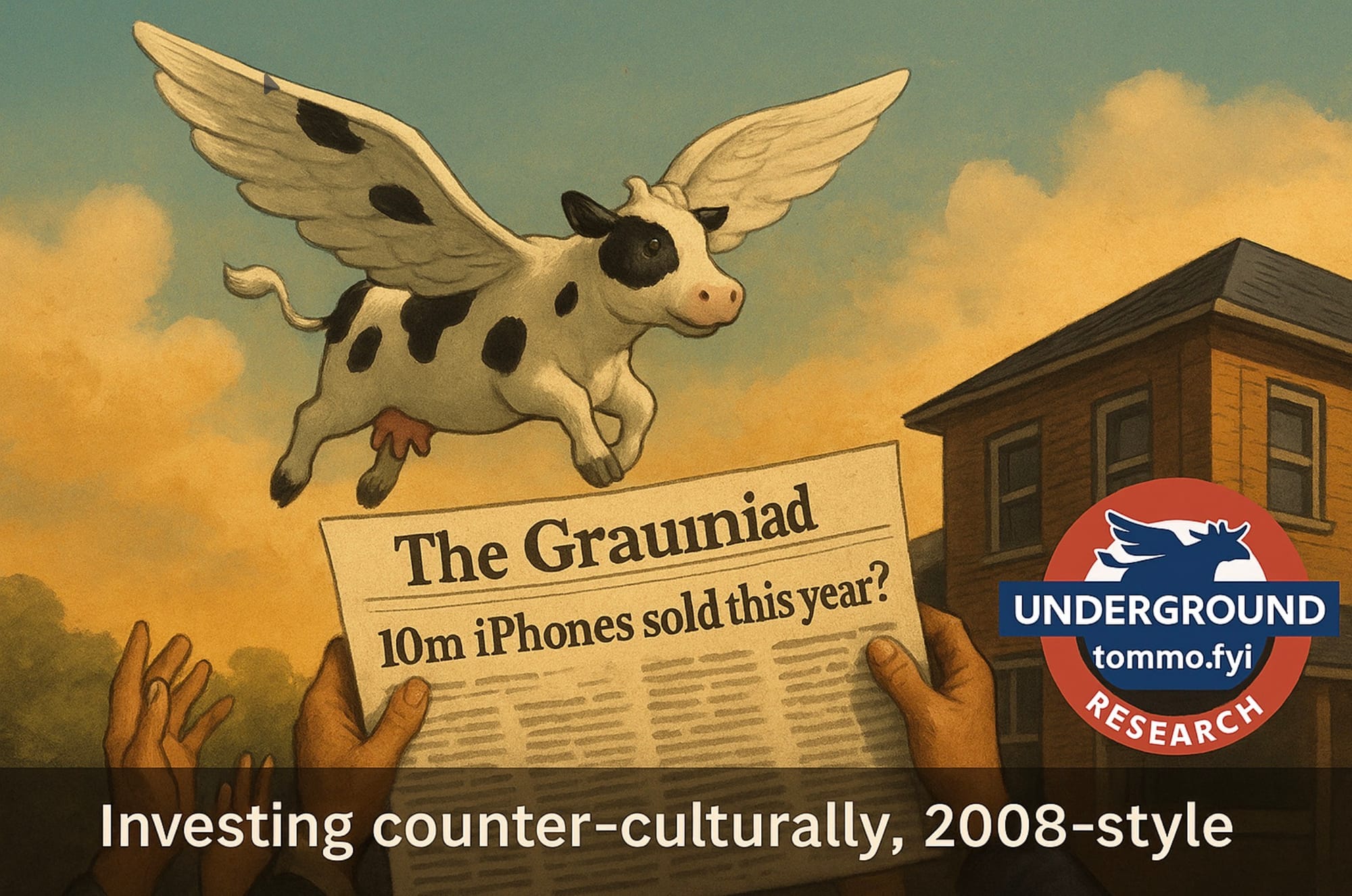
What Made This Era Special?
In an era before “big data” was a cliché, and before the likes of Twitter or Substack could turn anyone into a megaphone, forums were workshops. They weren’t just spaces for venting or “to the moon” memes. They were factories for ideas, for genuine research, and for peer review that would put many modern analysts to shame. And they didn’t pull punches, never settling for politeness when drawing attention to key data was necessary. Investments are to important for tea-salon behaviour and sometimes it takes a shouting match to clear the air, and also the view ahead.
More Intelligent Than AI, We Outsmarted The Street Every Year
We weren’t trying to beat Wall Street, we were trying to outthink it. And, we did.
“Why is 7.6 million significant? Because coming into its fourth quarter, Apple had already sold 2.42 million first-generation iPhones. So if Tommo_UK’s IMEI data can be trusted and if Zakky and Muller’s analysis is correct, Apple has reached its oft-stated goal of selling at least 10 million iPhones in 2008 with three months to spare.”
– The Guardian, 8th October, 2008
16 Years Ago, And Still Better Than Grok At Predicting The Future
The article is now tagged with “this article is more than 16 years old” but the spirit behind it is ageless. It was never about bragging rights; it was about truth-finding, making money, and democratising datapoints and information analysts wouldn’t do their own work to unearth, let alone share it with anyone.
And anyway, every analyst used a BlackBerry back then, so who could trust a BlackBerry user to imagine a keyboard-less touchscreen “iPhone” could sell 10 million units in its first year (or ever)?
You can imagine the delight in seeing the numbers add up, the joy of watching the herd catch up to the facts we’d seen months earlier.
Lessons for Today
It’s easy to forget, now, just how unlikely Apple’s rise looked in those days to most people. The company was still remembered for the iPod, not the iPhone. The idea that it would one day sell billions of these devices, let alone become the world’s most valuable company, was genuinely radical. The chief fear? iPhone would flop, and what few sales it made, cannibalise iPod sales. Back then of course, Apple was “The iPod Company.”
But the real magic was in the process:
- Small teams working across time zones, sharing data and spreadsheets by forum messages.
- Civility, hot tempers, relentless focus, and a shared sense of mission: not just to win, but to know against all the odds we were right, and bet the house on it.
- Rampant arguments and rows, with no grudges held over from day to day. Time was too precious to waste. Taking offence was for your step bottler.
Respect for expertise, no matter who it came from. We trusted each other, we challenged assumptions, and when we got it right, we didn’t just make money. We changed the narrative.
Today, everyone wants to be “contrarian,” but few put in the work to earn that badge. Most whinge from the sidelines at anything controversial, and take offence at the suggestsion of any challenge to the status quo thinking du jour. Heaven help anyone who questions The Holy Scripture of the Apple Faithfull (a church I may have helped found, but left after it went a bitScientologist).
A bit like MSFT investors did, back in 2008, at the “hilarious absurdity” notion that Apple might uproot Microsoft.
So the 10m iPhones project wasn’t about being louder or faster, but about being more thorough and - above all - more curious. It was a reminder that you don’t need to have the loudest voice or the biggest platform to move the conversation.
Sometimes, you just need to count serial numbers and trust the math, and listen to one another even when you vehemently disagree, to unearth the glorious truth.
And boy, the truth was glorious with many a ”Dividend Queen” still benefitting from holding their AAPL through “The Great Recession“ of 2008 even in the midst of the iPhone launch, thanks to some groundbreaking research like this, which led me to publicly proclaim Apple to be “The Recession Proof Company,” thanks to its upgrade and subscription model - a concept only grasped years later by analysts well after many had made their millions, or billions, even as the market shaved 58% off the stock in the great sell-off that year.
Why It Mattered (and Still Does)
There’s a lesson here for any investor, especially those exhausted by the noise and groupthink of the modern internet. The old forums were flawed, yes, but they were places of making, not just talking. Collaboration mattered more than faux deference. Your “followers” were your equals, not your audience. If someone found a flaw in your data, you fixed it. If you found a pattern, you shared it. There was a pride in getting it right together. And no shame in arguing in disagreement, and blissfully, no tolerance for a lack of critical thinking.
We didn’t need to “move the market.” It was enough to see the truth before the rest of the world caught up. And, occasionally, to see your method vindicated in the press even if they spelled your handle wrong (it’s Tommo_UK, Guardian, not TommoUK).
For anyone building their edge today, here’s what I’d say:
- Don’t underestimate the power of individuals asking big questions.
- Don’t rely on consensus. Build your own dataset, even if it’s just a handful of data points.
- Don’t just chase headlines. Become the headline you want to see.
- Respect the process. Truth doesn’t always arrive in a press release.
- If people try to argue you down, don’t ignore them. Research what they’re saying, and be willing to change your mind for the sake of your investments not your pride.
Looking Forward, Looking Back
I’m not embarrassed to say that I miss that world: the late nights, the spreadsheets, the sense that you could change the narrative if you just worked harder, dug deeper, thought longer, and wrote more. But I’m also proud to have been there, to have learned what it means to be out ahead, not because you shouted, but because you counted (literally), and because you shared that insight with others, for free.
Agentic Investing?
As we navigate a new era of “AI-driven” investing, meme-stock madness, and infinite noise, the lesson of 2008 is clearer than ever: The future belongs to those who think different and who aren’t afraid to ask for a little help from their friends.
So, here’s to the ones who counted the phones, who trusted the numbers, who thought together and got it right before the rest. If you want to stay ahead, you don’t need to yell. You just need to start counting.
And that means listening to people you disagree with, almost more than those who make comforting noises in your echo chamber of choice.
Here’s to the crazy ones.
Why Did I Write This Now
It’s iPhone reporting season of course! And, nobody is counting anything except for Ming Chi and other analysts doing the usual supply chain by numbers rubbish. “Better than the iPhone 16 launch by 5-10%,” they scream (well, you’d hope so - what a flop that was, compared to other years and the promise of AI).
In other words I’m saying: Talk, debate, research, find your own metrics, do your own research, and listen to the people you both agree, and disagree with. Don’t conflate “talking shop” (which is a good active process) with “partaking in a talking shop” which is really quite dreary groupthink. I earned my horns by taking the hard way out, and the wrong way in, and made many friends along the way.
Times are different now - we’re in a world oppressed by malice and hatred, leaving little room for contrarianism without misinterpretation and aggression. It’s at moments like this, we should look backwards, not to our leaders but our memories of how debates used to take place, for guidance, when throwing your toys out of the pram and having a dust-up didn’t mean axing ties and friendships, but was an act of rebirth and renewal more often than not.
Critical thinking and long form debate must win.
As we saw last week, when the tragic assassination of Charlie Kirk marked the endgame of discourse gone toxic, the world will be worse off for the lack of it, and we’ll all be poorer for that. Investing in Free Speech is where you’ll find your best ROI in this life.
— Tommo_UK, London, 15th September 2025
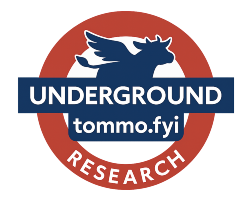
Connect with me on socials : X @tommo_uk | Linkedin Tommo UK


